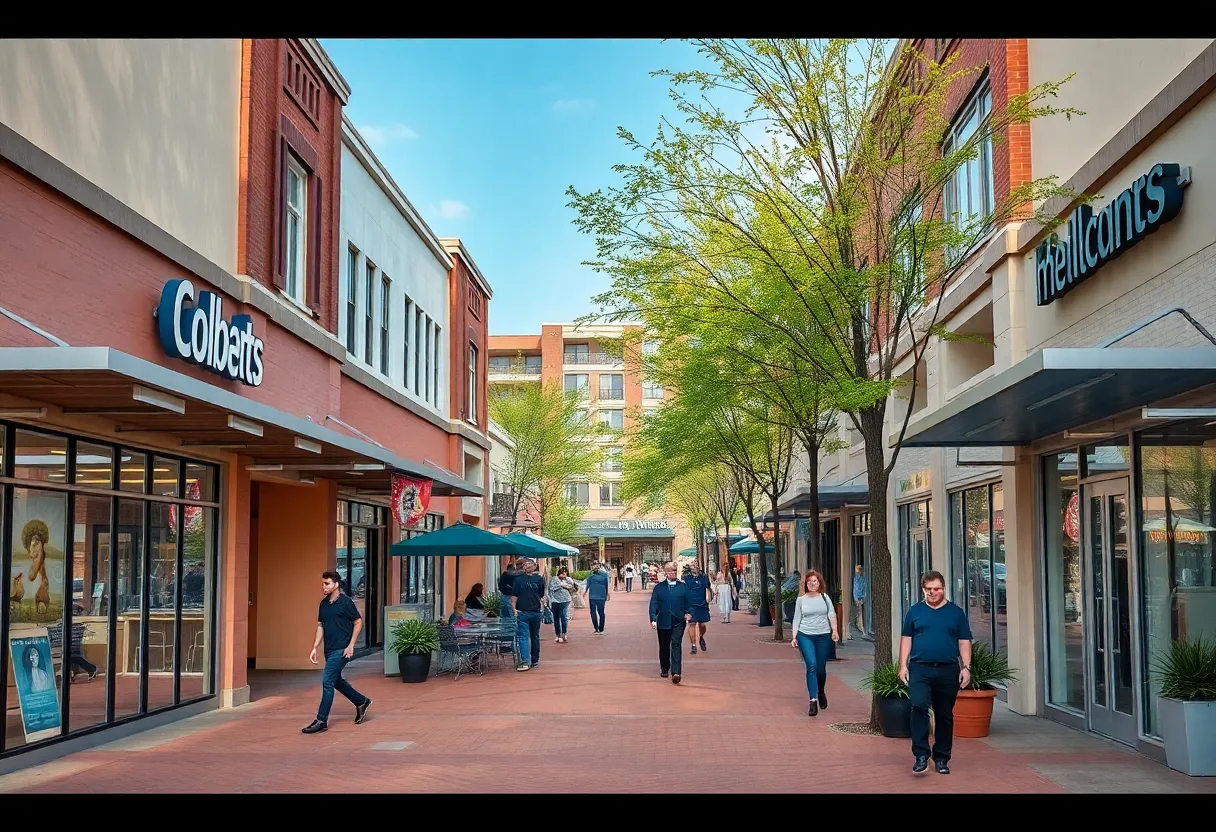Velsicol’s Toxic Legacy: North Memphis Faces Environmental Reckoning
In North Memphis, a drama is unfolding as Velsicol, a company notorious for its toxic past, is stepping forward with a proposal that has residents buzzing. The company, which used to manufacture pesticides on an 83-acre site, is looking to hand over its defunct facility to the Tennessee Department of Environment and Conservation (TDEC) as an environmental response trust. This development raises eyebrows, especially considering the dangerous contamination that the area has endured for years.
A Bit of History
To appreciate the current situation, it’s important to look back at Velsicol’s history. The plant formally shut its doors in 2012, but the saga of contamination began much earlier. Despite nationwide action spurred by Rachel Carson’s landmark book “Silent Spring,” which exposed the dangers of pesticide production, Velsicol continued its operations well into the 2000s. As environmental policies evolved and other plants closed down, Memphis was still left wrestling with the remnants of a bygone era.
What’s Happening Now?
More recently, Velsicol found itself confronted by inquiries from bankruptcy attorneys and environmental regulators that raised serious questions about its management practices. In September, TDEC sent the company a firm Notice of Deficiency, outlining numerous flaws in their hazardous waste permit application. The result? Velsicol is now proposing to pay TDEC a mere $3 million over five years, hoping that this tidy sum will absolve them of any further cleanup obligations. However, TDEC estimates Velsicol is accountable for cleanup costs ranging from $137 million to $143 million. It’s clear that the numbers don’t add up!
The Community Reacts
Residents of the historically Black community adjacent to the plant are understandably upset by Velsicol’s proposed settlement. After more than 20 years of frustration with the company’s slow cleanup efforts, the community has seen its health impacted by the toxic legacy of the products Velsicol manufactured for decades. The company produced chlordane, a chemical banned by the EPA in the 1980s, but it continued to manufacture this harmful substance until the 1990s.
The consequences of these past actions are grim. Chlordane has made its way into the nearby Wolf River, tainting the aquatic ecosystem and posing serious health risks to those who consume contaminated fish. The effects of ingesting chlordane can be severe, including tremors, convulsions, and even fatalities. Concerns run high, especially among those who fish in these waters.
Public Outcry
The tension surrounding Velsicol has thrust environmental justice into the spotlight. Many local advocates, like Young, Gifted & Green, have taken it upon themselves to educate the community about what this all means. As local government officials often seem distant, residents are rallying together to make their voices heard. They want accountability and action—something that has long felt out of reach.
In the current political climate, there’s a growing feeling that maybe, just maybe, the legal tide is turning. Advocates express cautious optimism that public institutions might finally take the necessary steps to hold Velsicol accountable. After all, it’s a story as old as time in Memphis: corporations leaving behind effects on communities, with little regard for the health of those who live in the shadow of their operations.
Looking Ahead
The future remains uncertain as Velsicol’s ownership of the property hangs in the balance. If TDEC accepts their proposal, the company might escape with minimal financial responsibility. Meanwhile, the true cost of cleaning up the site—and protecting local residents from future harm—could continue to languish.
As the community watches and waits, their resolve only seems to strengthen. For residents of North Memphis, standing up against a legacy of pollution has become a battle of not just environmental persistence, but also of hope for a healthier future. Will Velsicol finally be held accountable for its actions, or will it be yet another case of corporate irresponsibility overshadowing the concerns of the people?
The clock is ticking, and the stakes couldn’t be higher.







